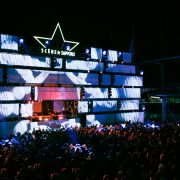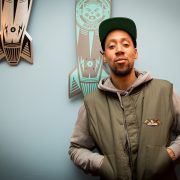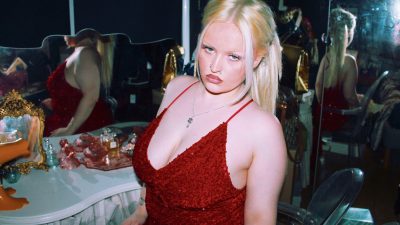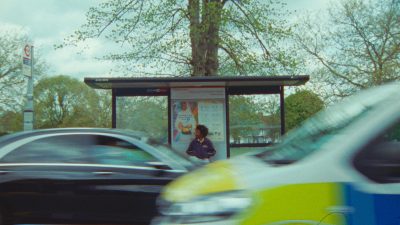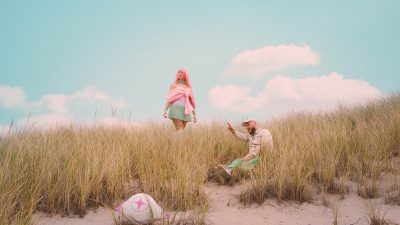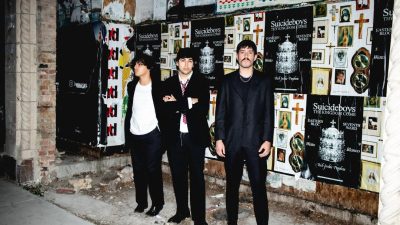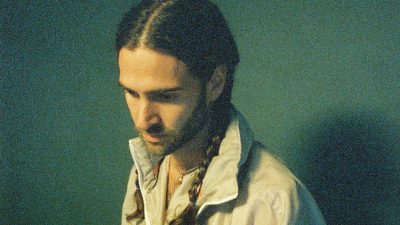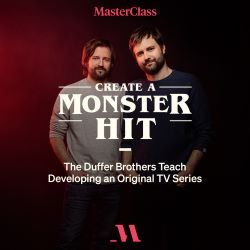An interview with David Ward
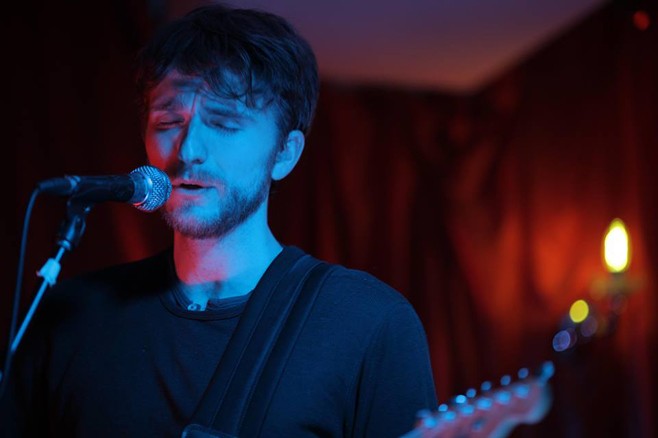
by Susan Shelton
David Ward is a Vancouver based musician with a sharp, hazy voice that cuts right through his genre blending music. Ward is currently on cross Canada tour and working on a documentary about the changing independent music community. His enthusiasm about the music was expressed with ease throughout our phone interview.
Courtney Shelton: How did you get your start in music?
David Ward: Oh boy, I mean I picked up a guitar when I was 13 years old and started writing songs early on and studied with various people, I studied classical voice in university. Since then I have been making my way with bands and my solo career.
CS: What are some of the challenges, if there are any, trying to make your solo career in Vancouver?
DW: I’ve been really blessed with falling in with a great group of musicians. I guess, generally, there aren’t a ton of venues in Vancouver, which makes it pretty difficult. It can be particularly difficult to get people out to shows in Vancouver.
CS: Your inspiration seems a bit unusual, Tarantino, Orwell, are you a fan of dark fiction?
DW: I guess so. I’m a fan of a lot of things. All that Tarantino stuff is pretty dark [chuckles]. In the high school I went to we didn’t read a lot of classics. Things like 1984 I didn’t read until a couple years ago, so it hit me at a better place in my life. I also love Cormac McCarthy, which could be considered dark fiction as well.
CS: So how would you say that type of reading influenced your new album?
DW: I went in with a pretty specific vision of what I wanted to write the record about. The whole record is based around fear of loss. I have been reading a book by a New York choreographer, Twyla Tharp, called The Creative Habit. I tackled this record the same way. I read a bunch of different books on this subject.
CS: Where did the name of the album, Golden Future Time, come from?
DW: It actually comes from a line in Animal Farm. It is a song the Beasts of England sing. The pigs sing it to the proletariat animals to keep them appeased. I liked it because it is beautiful and hopeful with a dark undertone, as well.
CS: You’re on tour now, what could people expect from a live show?
DW: For this tour, it’s a solo tour so it will be a lot more raw. The record is filled with synthesizers and drum machines, so if someone came it would be a lot more raw than the way the album sounds.
CS: Do you prefer playing live to recording?
DW: They’re totally different. Live music, if you are totally plugged in, can be a spiritual experience. Recording can be the same way. It’s putting together a puzzle and piecing it together. I like it for very different reasons.
CS: Is there a dream venue you’d like to play?
DW: Yeah, sure. There are a million of them. The Bowery in New York, the Orpheum in Vancouver, a stadium show like Madison Square Garden. Even something like the Gorge in Washington.
CS: Let’s talk about the documentary you’re working on with Jeanette Wilkinson. How is it coming along?
DW: It’s good. We’re finishing it up with this tour. We’re getting the last of the stuff we need to get for footage. We have a few interviews coming up with a few big Canadian personalities. We’ll finish it up and get a few Vancouver interviews when we’re back. It’ll be finished in late spring or summer and will be getting to festival submissions in the fall.
CS: Is film making something you’d like to continue working on, on the side?
DW: Oh yeah, definitely. I’m not quite sure how that will keep, but yeah. Even right now we’re working on other film projects. Dramatic short films based on the records, hopefully we’ll have them out in spring or summer.
CS: So what’s next for you, what do you plan to do after the tour?
DW: There’s a small island tour coming up. If time and money permits we’ll probably go back to the U.K. and cross Canada in the fall. We’ll be releasing videos between now and then. There are a lot of ideas. I don’t know how they’ll come together with time and money, (possibly another small recording before summer?) but we’ll see.


